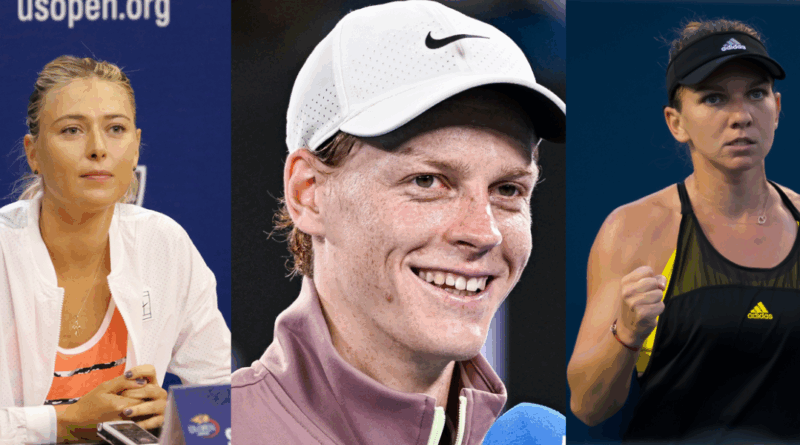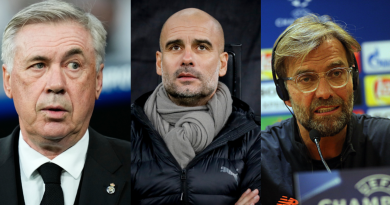10 Tennis Players Who Have Been Banned for Doping
Doping scandals have always been a controversial topic in professional tennis, and 2025 is no exception. This year, the sport was shaken by the suspension of Jannik Sinner, one of its brightest stars, after a failed drug test. While his ban was relatively short, the case reignited debates about fairness and the effectiveness of anti-doping regulations.
Sinner’s suspension is just the latest in a long history of doping cases in tennis, with several high-profile players having faced bans over the years. Some were caught using performance-enhancing drugs, while others were penalized for negligence or failing to comply with testing protocols.
We take a look at 10 tennis players who have been banned for doping and how their cases unfolded.
Guillermo Cañas (2005)
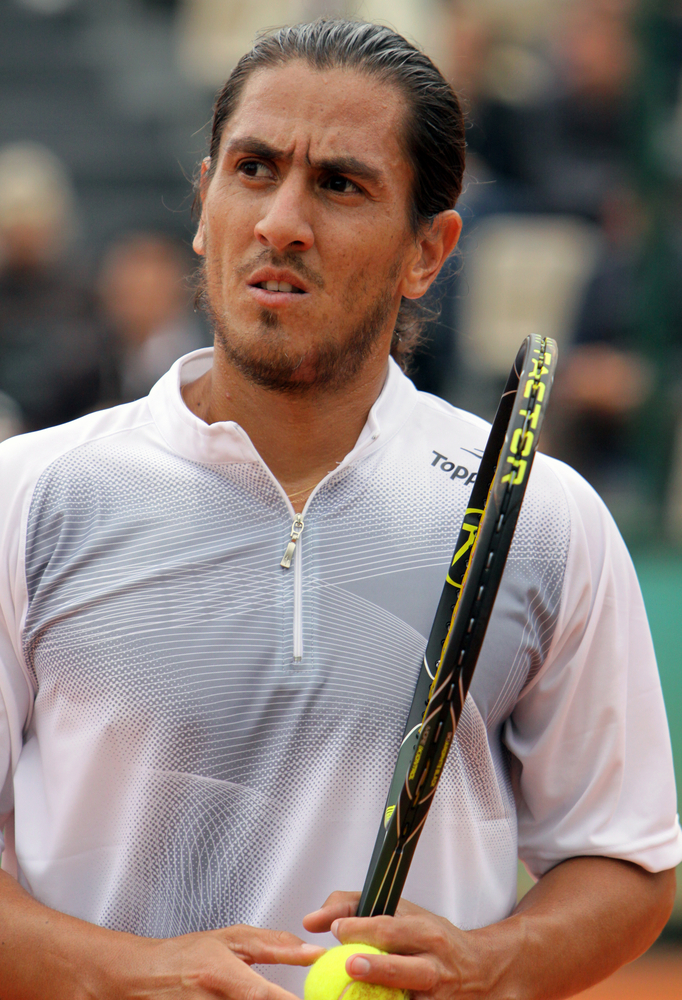
Argentinian player Guillermo Cañas was handed a 15-month suspension after testing positive for hydrochlorothiazid, a diuretic often used to mask the presence of performance-enhancing drugs. Cañas argued that the substance came from medication provided by an ATP doctor. Following an appeal, the ATP was forced to compensate him for mishandling the case.
Read also: 15 Best-Selling NBA Jerseys of All Time (Ranked)
Simona Halep (2022)
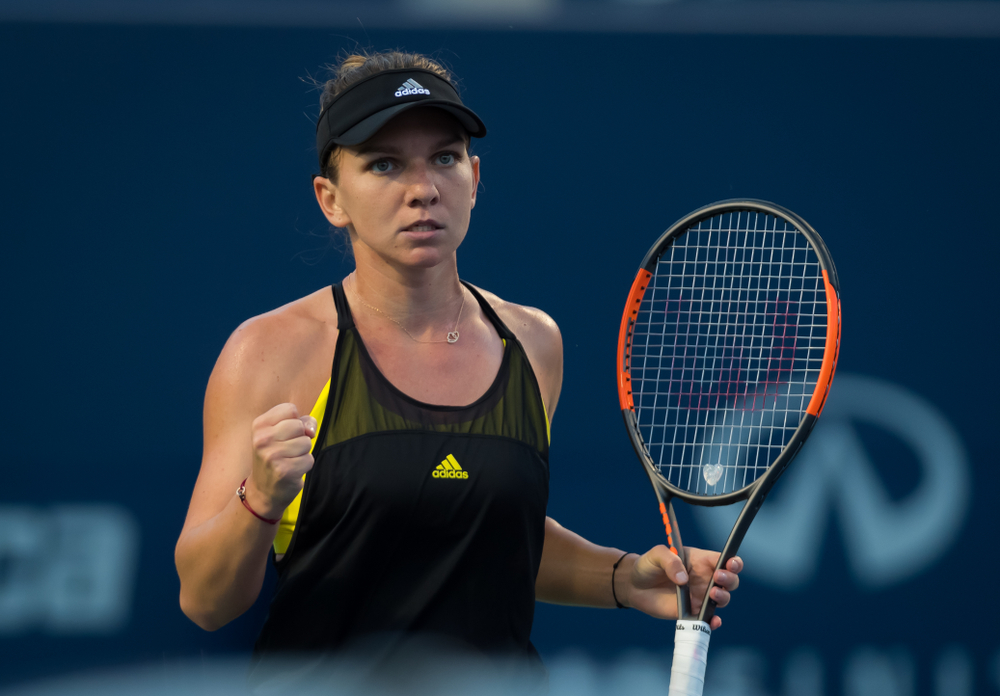
Former world No. 1 Simona Halep tested positive for Roxadustat, a drug used to enhance red blood cell production, during the 2022 US Open. Initially, she was handed a four-year suspension, but after an appeal, the ban was reduced to nine months. She returned to competitive tennis in 2024, maintaining her innocence and blaming supplement contamination.
Maria Sharapova (2016)
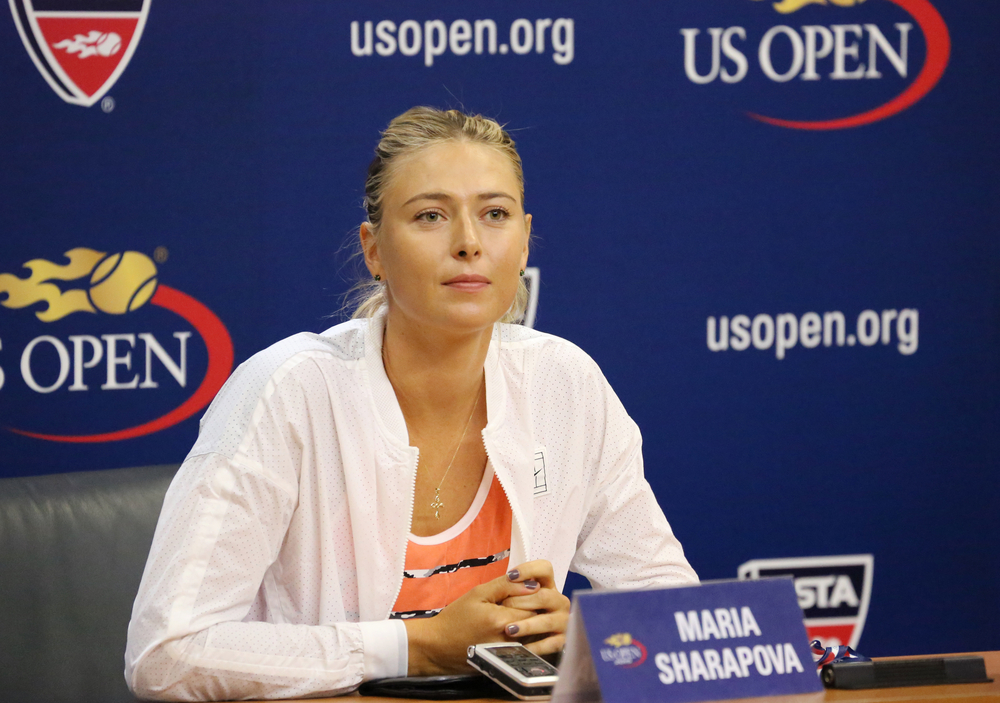
Maria Sharapova admitted to failing a drug test at the 2016 Australian Open, testing positive for meldonium, a drug that had just been added to the banned substances list. The Russian star claimed she was unaware of the change in regulations. Initially suspended for two years, she successfully appealed and had her ban reduced to 15 months.
Barbora Strycova (2013)
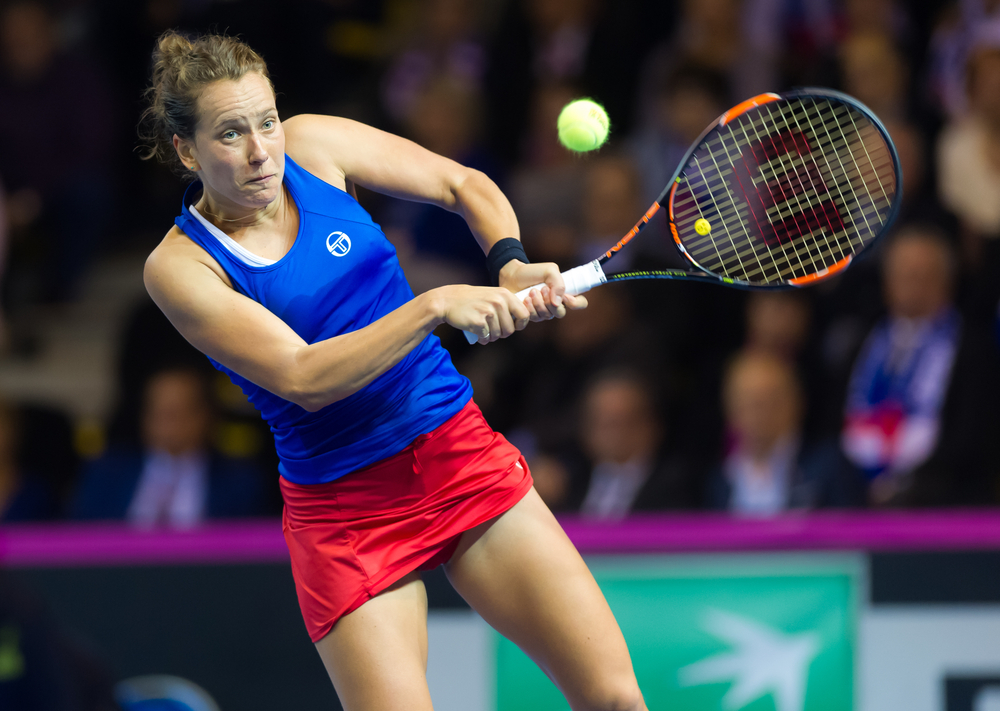
Czech doubles specialist Barbora Strycova tested positive for sibutramine, a stimulant commonly found in weight-loss supplements, in 2013. She insisted that she had unknowingly ingested the substance through a dietary supplement. Recognizing her lack of intent to cheat, the ITF issued a reduced six-month ban.
Martina Hingis (2007)
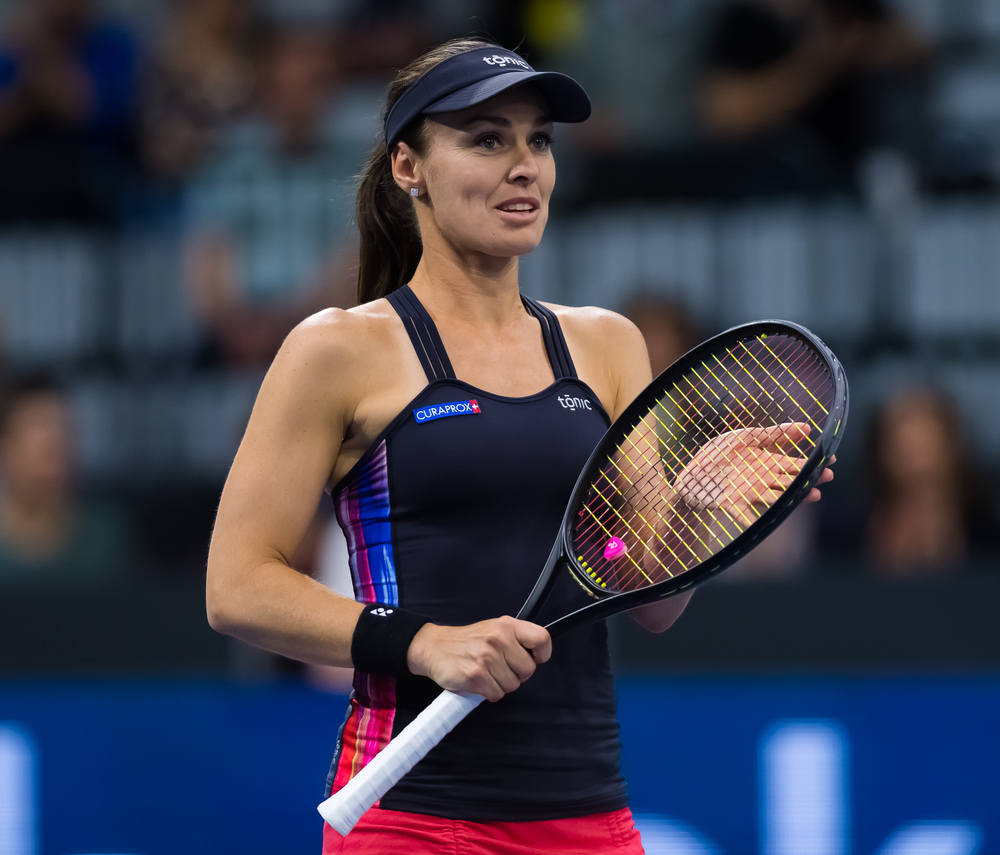
Swiss tennis legend Martina Hingis received a two-year suspension after testing positive for cocaine. Hingis denied ever using the drug and even provided a private test that came back negative, but she chose not to appeal the ban. The controversy led to her second retirement from professional tennis, though she later returned in 2013 as a doubles specialist.
Read also: The 30 Most Famous Runners of All Time – Ranked from 30 to 1
Viktor Troicki (2013)
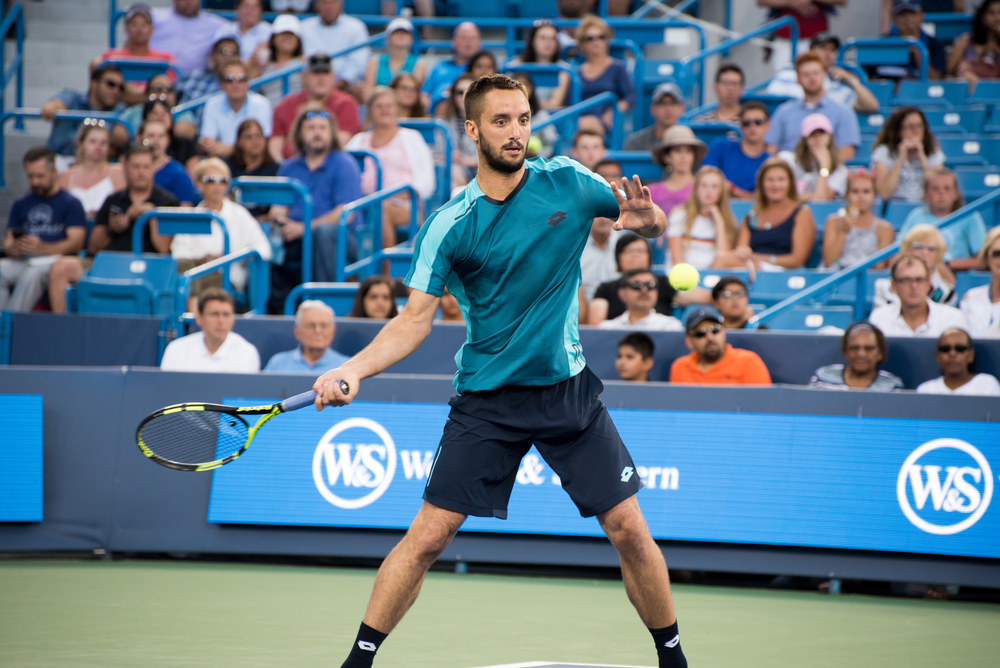
Serbian player Viktor Troicki was banned for 12 months after refusing to take a mandatory blood test during an ATP tournament. He claimed he was feeling ill and had a fear of needles, but the ITF rejected his explanation. The ban kept him out of the game for a year, causing a significant drop in his ranking.
Marin Čilić (2013)
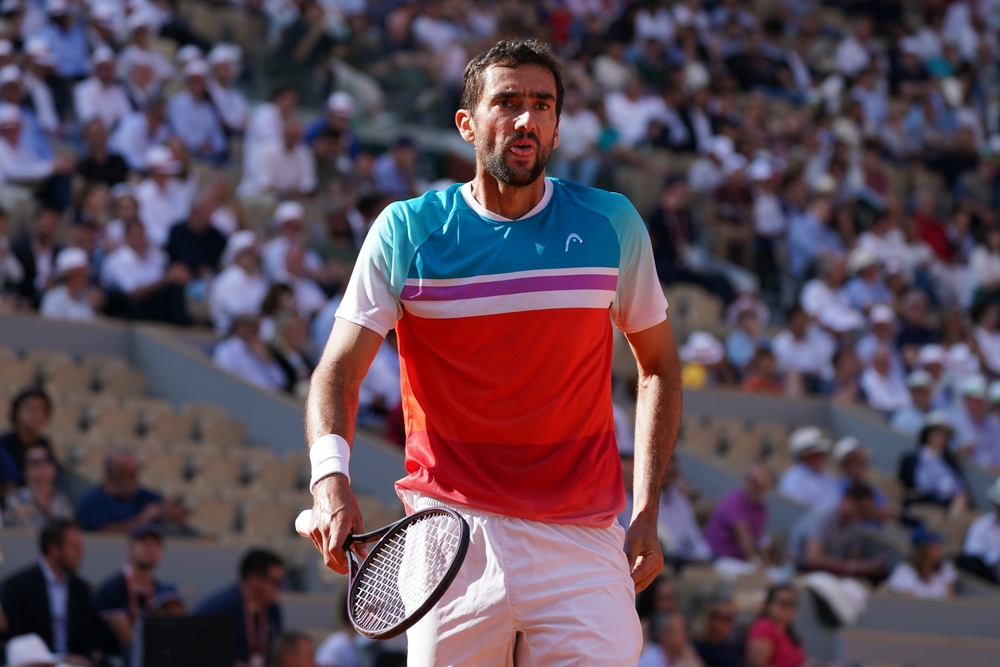
Croatian Grand Slam champion Marin Čilić tested positive for nikethamide, a stimulant, in 2013. He argued that he had unknowingly consumed the substance through glucose tablets purchased at a pharmacy. Initially handed a nine-month ban, his suspension was later reduced to four months after an appeal.
Richard Gasquet (2009)
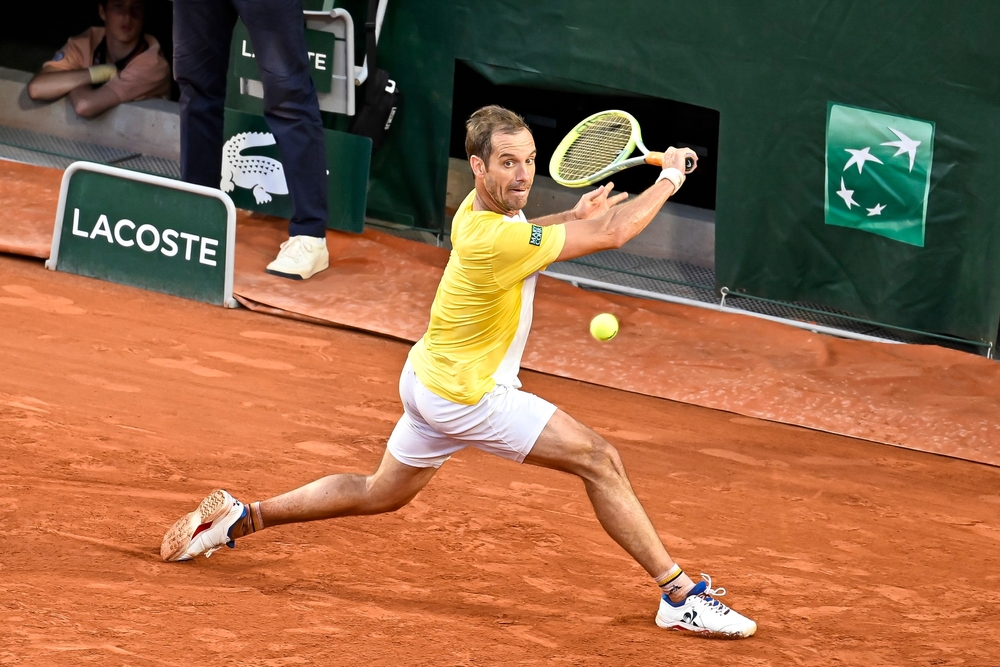
French player Richard Gasquet received a two-year suspension after testing positive for cocaine, but he successfully appealed the ruling, claiming he had ingested the drug unintentionally by kissing a woman at a nightclub. The Court of Arbitration for Sport accepted his explanation, and his ban was reduced to just six weeks.
Andre Agassi (1997)
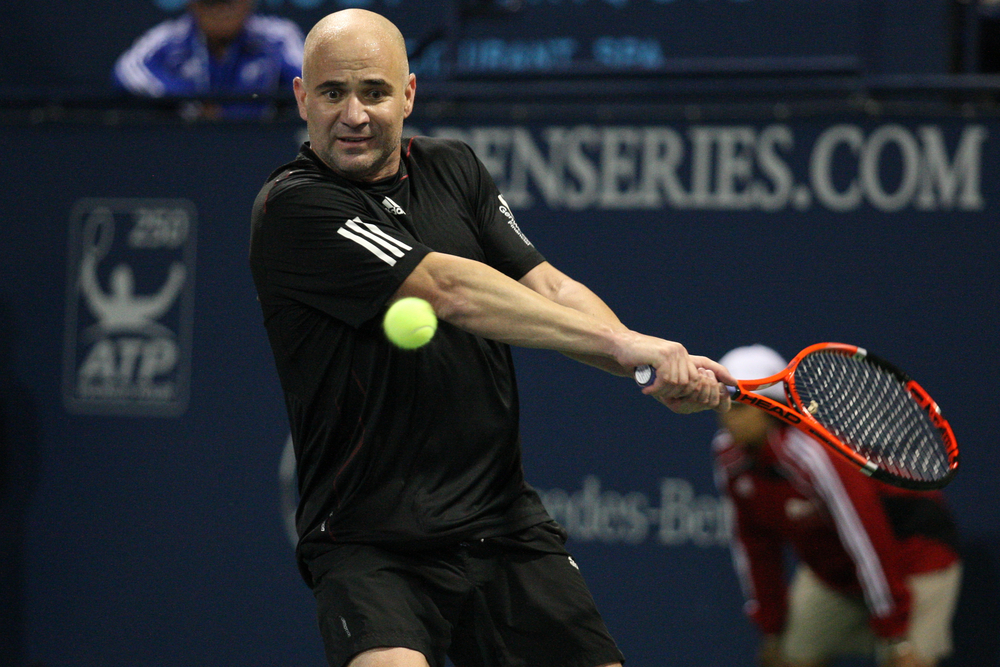
Tennis legend Andre Agassi tested positive for methamphetamine in 1997. At the time, he claimed the positive result was due to a contaminated drink and was given a three-month ban. Years later, in his autobiography, he admitted to knowingly using the drug during a difficult period in his life. However, no further action was taken against him.
Read also: The 100 Greatest Athletes of 2024
Jannik Sinner (2025)

Current world No. 1 Jannik Sinner was suspended for three months in 2025 after testing positive for an undisclosed substance. While WADA acknowledged that he had no intention of cheating, they held him responsible for his support team’s negligence. His short ban sparked controversy, as it allowed him to return just in time for the French Open.
Read also: The Sack Race: Premier League Managers Ranked by Job Security

